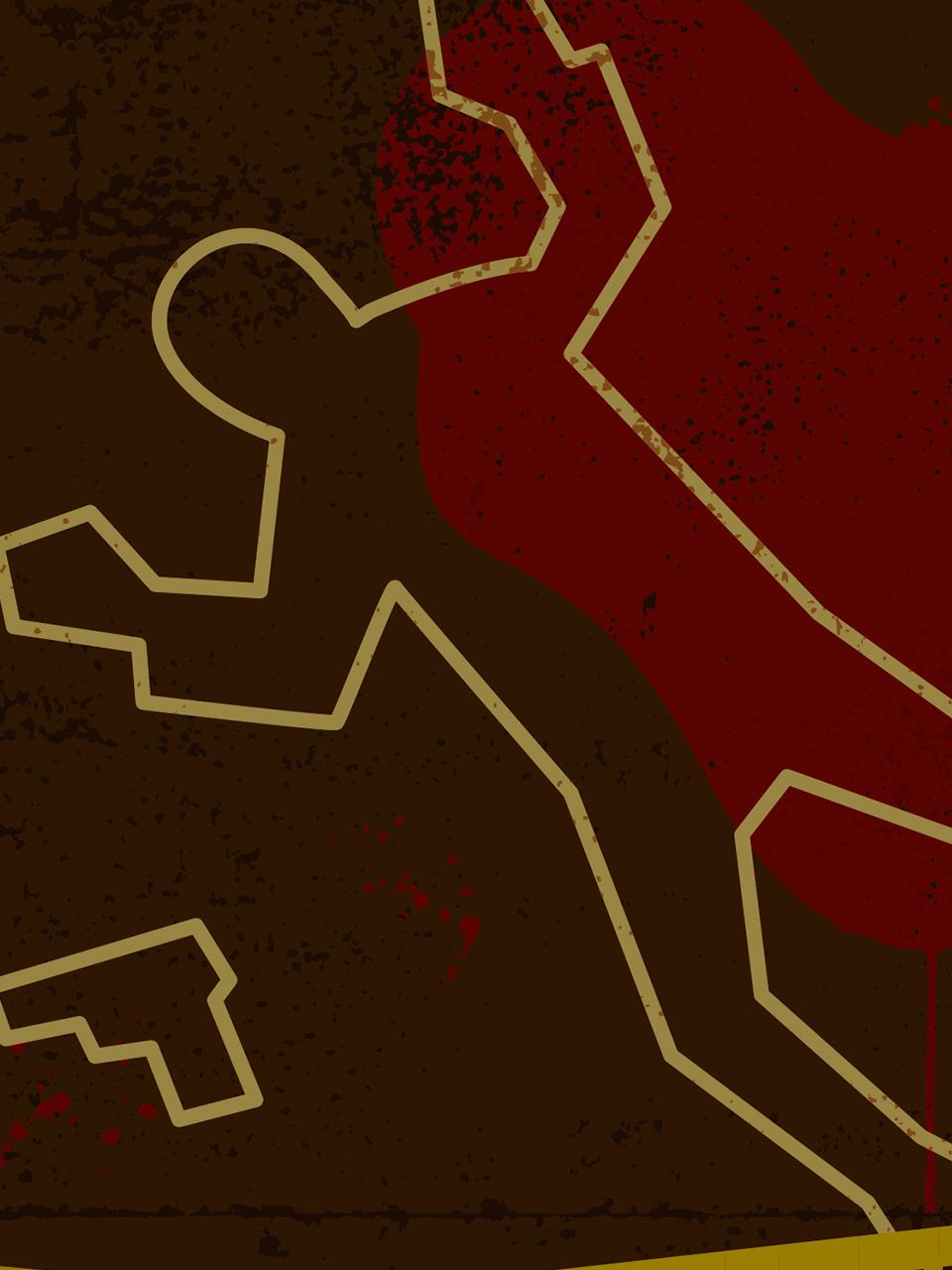
Tap to Read ➤
Crime Scene Cleanup Training
What is crime scene cleanup all about? What does its training include? Let's find out.
Ishani Chatterjee Shukla


Before we begin with the training process, let us first see about cleaning up crime scenes and what a crime scene cleaner is expected to do. Crime scene cleanup includes any activity which involves cleaning up of biological remnants, toxins, and contaminants left at a scene of crime, which have the potential of causing health hazards to its surroundings.

A crime scene cleanup company's task begins where the investigator's and coroner's task ends. Until the scene is officially released by the investigating authorities and coroner's office to the responsible party, the company cannot begin its work. So, what activities are included under the scope of duties of crime scene cleanup jobs? Let's have a look.
Scope of Activities

Anyone undergoing such training would receive training for handling the following situations:
- Laboratory methamphetamine contamination

- Providing backups for flood hit areas and sewage
- Suicide and murder scenes
- Unattended death and decomposition of human bodies
- Cleaning up pack rat houses
- Cleaning up bird and rodent droppings to avoid spread of hantavirus
- Elimination of toxic mold, fungal infestations, spores, etc.

- Scenes of mass murders and terrorism
- Biological terrorism and warfare
- Gas and chemical usage by police (such as tear gas)
- Removal, treatment and disposal of medical waste
- Disease and epidemic outbreaks

The methods used by cleanup companies are akin to those used by the military. They follow standard operating procedures, and strictly adhere to universal precautionary measures, like avoiding contact with bodily fluids of the diseased, the deceased, and the distressed.

The Bloodborne Pathogen Rule 1910.1030. of the OSHA regulates the crime scene cleanup industry in the US. In California, the Trauma Waste Practitioners Act, 1997, directly controls all activities of such companies located within its jurisdiction. Other states generally regulate this industry via State Health Departments or Departments of Natural Resources.

A certification course in crime scene clean up includes extensive coaching on blood borne pathogens and biohazard. Although there is no legal requirement for a license to work as a crime scene cleaner, it is better to undergo professional training, since working in this profile involves handling of hazardous, sometimes toxic, compounds and wastes.

A typical training includes coaching and practical training on the following:
- Types of protective equipment.
- Uses of protective equipment.
- Types of professional equipment and chemicals, and how to handle them properly.
- Standard procedures for cleaning up crime and trauma scenes, filth, and toxic wastes, hoarding situations, and handling any other related situation in which the company might be actively involved.
- Extensive coaching and certification in blood borne pathogens and official regulations (OSHA, in case of the US) regarding the same.
- Certification in first aid, waste management and CPR; such certification may be optional, depending upon the individual company's policies.
- Training and certification (optional) in decontamination and toxic waste treatment and disposal.
Salary
This job is not a very high paying one. An individual can make an average of USD 35,000 per annum. Experienced cleaners can earn around USD 50,000 per annum on an average.
Who Should Apply?
This job is an extremely challenging one, and is definitely not everyone's cup of tea! An ideal candidate for this job profile MUST have the following personality traits:
- He/ she must have a strong stomach and tough nerves―puking and fainting at the sight of filth and gore are the last things you need at the crime scene.
- People who are highly empathetic and get emotional easily should also not apply for this job, as it is absolutely undesirable to have a cleaner who is all tears at a work scene.
- Mental stability is of utmost importance. Companies usually reject sensitive people, persons who exhibit depressive traits, and gore enthusiasts.
People working in this area have a very tiring work schedule. They must take good care of their health and take strict precautions against infections, as the work demands spending a chunk of time cleaning, treating or handling contaminants, wastes, and toxins. Training focuses upon all these aspects, as these are integral and inevitable parts of this job.